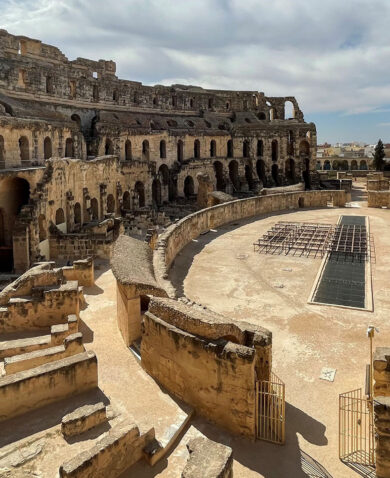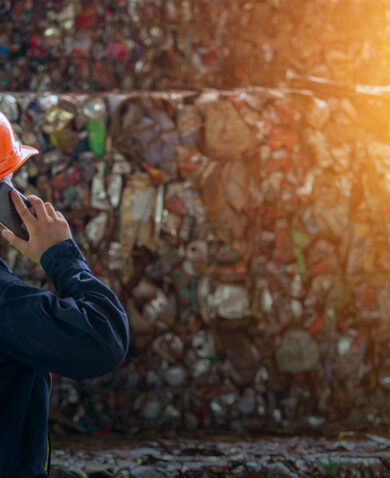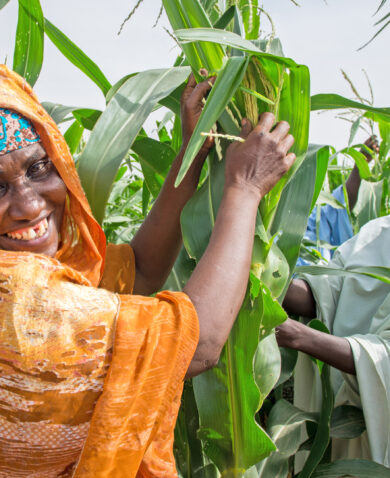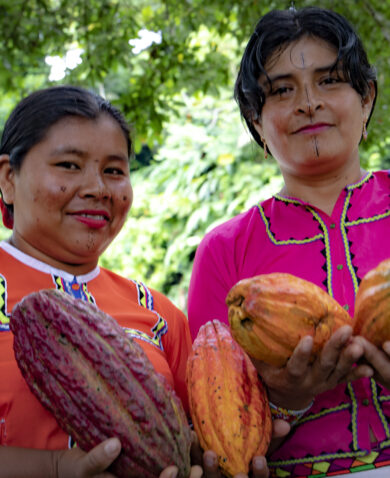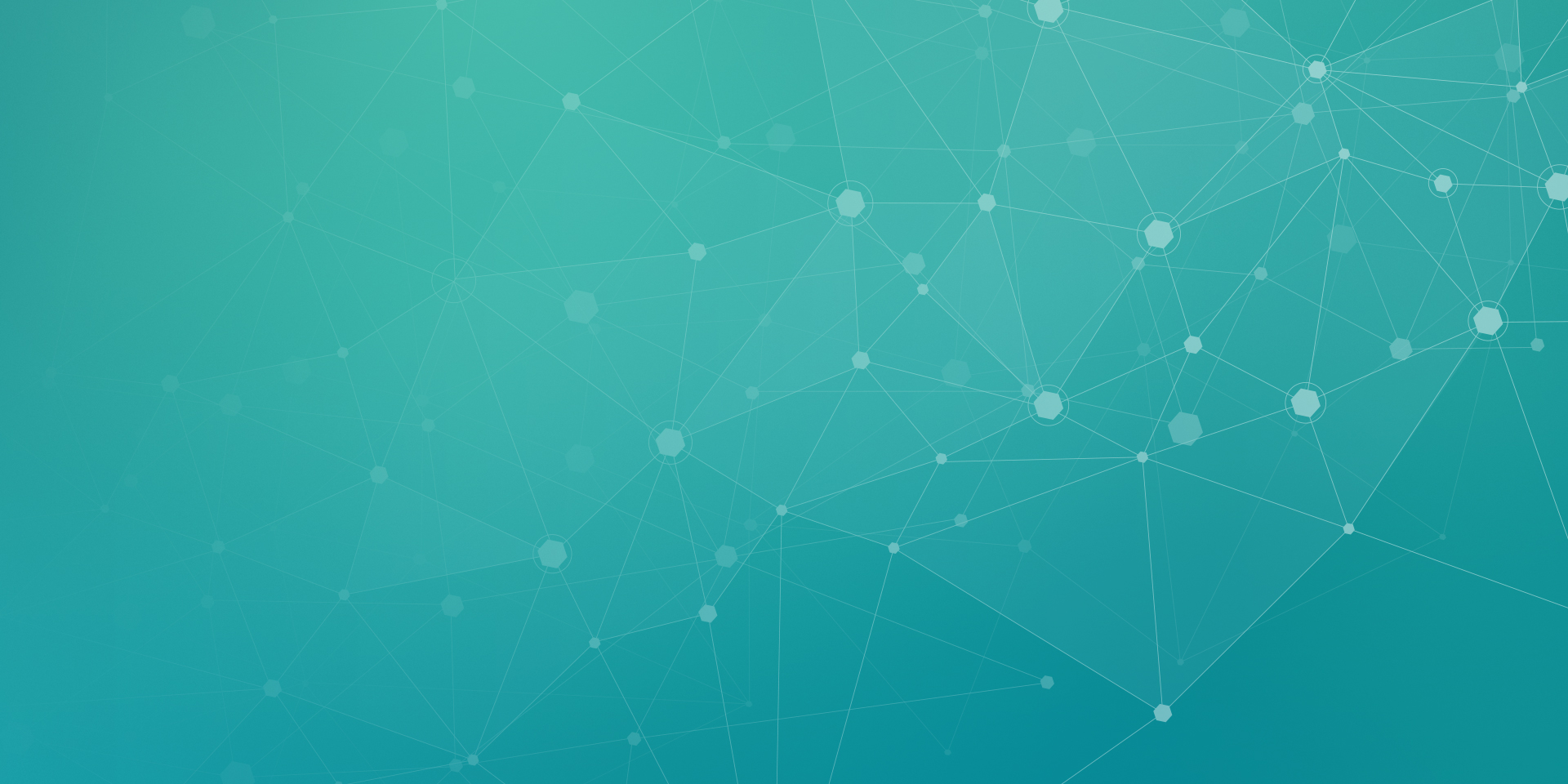
Chemonics News
News: Chemonics and University of Notre Dame Tackle Global Development Challenges in New Partnership
May 19, 2020 | 3 Minute ReadEvolving partnership connects master’s degree students and their professors with international development professionals to explore solutions for community natural resource management, private sector engagement, and beyond.
Chemonics International is excited to announce its collaboration with the University of Notre Dame’s Keough School of Global Affairs as a global partner in the school’s Integration Lab (i-Lab), a core component of the university’s Master of Global Affairs degree program. Through the i-Lab, the university pairs small student teams with global development partners and private sector innovators to generate research that supports solutions toward the Sustainable Development Goals (SDGs). In 2020, Chemonics is participating in the program for the first time.
“Chemonics is excited about this collaboration with Notre Dame,” said Chemonics’ President and CEO Jamey Butcher. “We know from experience that some of the best development work — work that has a real impact — comes from getting a diverse group of minds together. By tapping into the academic expertise and student enthusiasm at Notre Dame, we can support research that results in actionable recommendations for all of those striving to meet the SDGs.”
The i-Lab students and their professors are partnering with Chemonics’ technical experts to improve development outcomes by identifying innovative, effective approaches to engage the private sector in market-based solutions. A second i-Lab team is working to support environmental stewardship and natural resource conservation by modernizing and enhancing a previously successful method for engaging local communities in participatory land-use planning.
“At Chemonics, we are committed to what the U.S. Agency for International Development calls the Journey to Self-Reliance. Within this idea — that countries should increasingly be able to solve and finance their own development challenges — the development community needs to figure out how we can best leverage the intellectual and financial wherewithal of the private sector to help us get there,” explained Chemonics’ Development Research Director Peggy Ochandarena. “We’re excited to tackle the “how” with these thoughtful and enthusiastic students.”
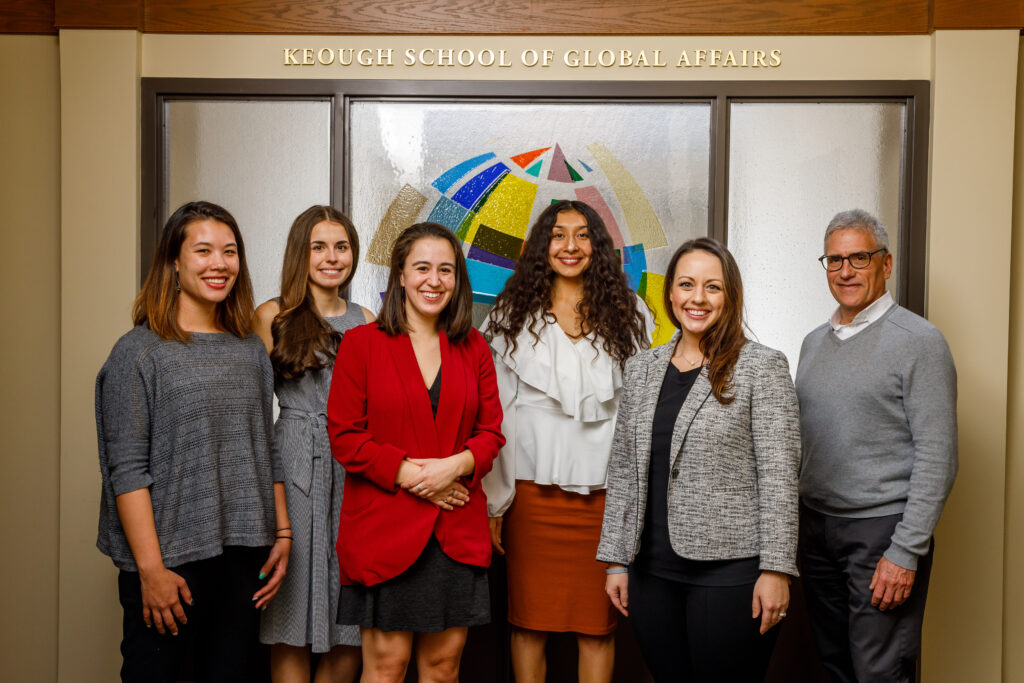
Each project requires a year-long work plan and final deliverable. Between February and May, teams clarify the research questions, conduct desk research, and plan for collecting new data. In June and July, students then conduct research and collect data — this year, remotely. Following their virtual field work, students work with their professors and Chemonics’ staff to analyze their research and craft an evidence-based path forward using their findings.
“Our partnership with Chemonics provides exciting opportunities to apply the skills we are learning in Notre Dame’s Integration Lab and to create a more holistic, sustainable approach to natural resource management. Together, we are already cultivating creative ways to incorporate integral human development and design thinking into our project — even while working remotely,” said i-Lab student Eleanor Jones.
The i-Lab marks an initial point of collaboration; however, the teams from the Keough School and Chemonics are actively exploring additional opportunities to work together, including a partnership with the School’s Pulte Institute for Global Development.
“Sustainable development requires long-term commitment, and consistent monitoring and engagement, which can be a challenge to ensure within the scope of funded projects,” said Tracy Kijewski-Correa, co-director of the i-Lab and University of Notre Dame professor. “We are excited to work with Chemonics to craft new tool sets that will help move the private sector toward these much-needed realities.”



